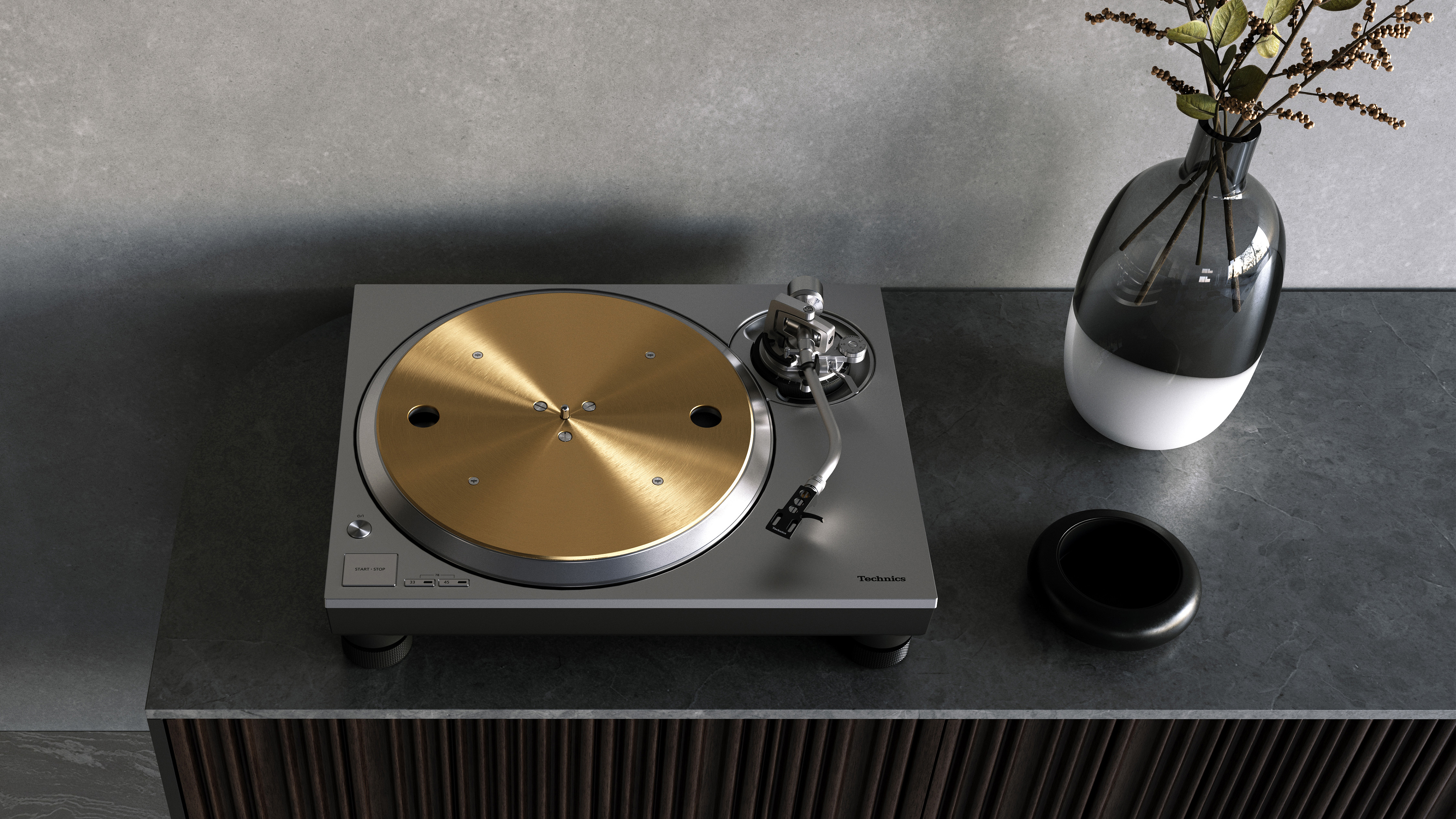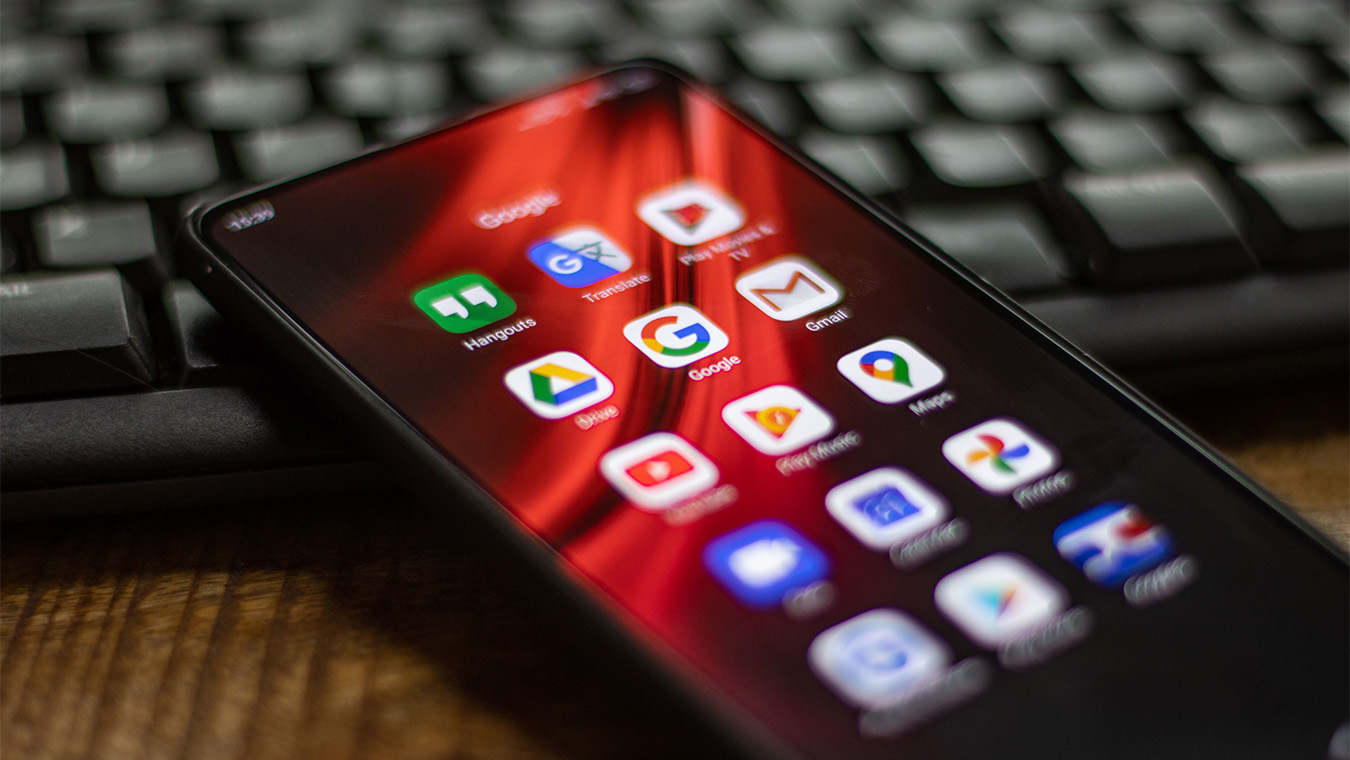
'Hey, Google'. Hold up! I may never actually need utter those two words ever again – which makes me oh so happy. Because Google has, finally, realised that we don't all want to shout the big Goog word out into the open to summon its search charms.
That's right: at Google I/O 2022, Google announced that a new feature, called Look and Talk, would be coming in the near future, removing the need for a wake word or phrase of any kind. Hurrah.
So how does that work? It sounds simple enough, really: using face match and voice match, in conjunction with your Google account, you'll just need to make eye contact with your smart device's camera – and I don't mean a shifty-eyed kind of glance, it'll ignore you otherwise, maligned as it feels for not being spoken to by name – and you're then free to jump straight in with your queries.
No wake word, just natural conversation from the getgo. Oh yes. The 'Hey, Google' wake word has been one of the bugbears I've had with Google Assistant from the off – so I, for one, will be more than happy to see the theoretical end of it.
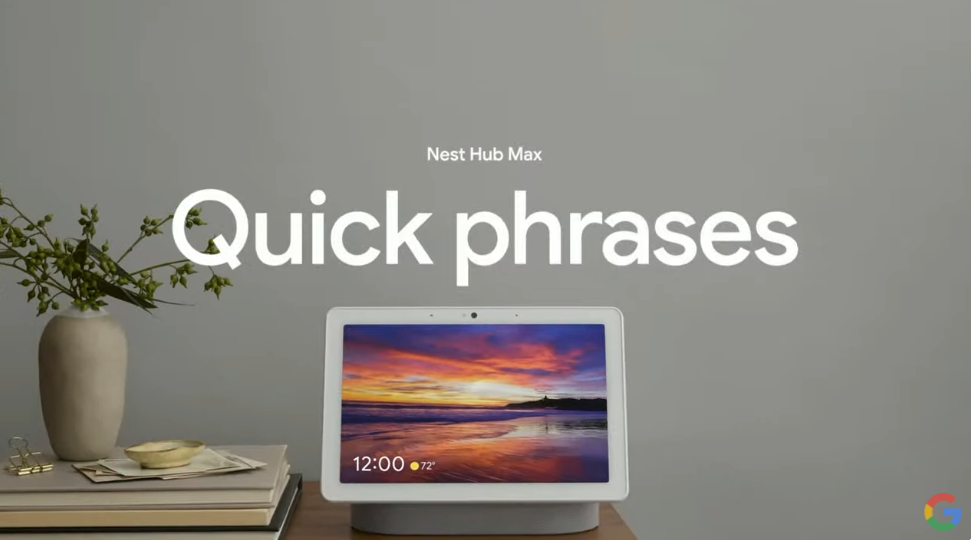
'Hey, Google' – is there no other way?
Of course removing the wake word doesn't remove the need to engage by voice, so you might look even crazier posing questions into the open air while out in public, but I'm sure people have seen stranger things (certainly in London anyway). So does it really make that much of a difference?
I think it will, yes, because Google's ambition – as it showed off in abundance at I/O 2022 – is all about more natural conversation, less awkward robotic and (daresay) patronising tones by which we typically seem to speak to our smart devices.
That's because Google is also set to invest big in voice, advancing the ways in which Google Assistant can understand. A better comprehension of the glut of umms and arrs that sneak into everyday speech, for example, will mean more fluid conversations.
Sign up to the T3 newsletter for smarter living straight to your inbox
Get all the latest news, reviews, deals and buying guides on gorgeous tech, home and active products from the T3 experts
In addition, Google's Quick Phrases – as it says on the tin: quick phrases recognised by Google Nest, also revealed at Google I/O 2022 – will enable easy, confident commands with specific kit in your setup. Nice job.
So maybe, just maybe, we'll quickly arrive at that sci-fi-esque future of talking to our smart devices more naturally in the future. But that then does beg the question: why did the wake word always have to be 'Hey, Google' in the first place? Either way, I think it's on the out, and good riddance (said from my happy place).

Mike is T3's Tech Editor. He's been writing about consumer technology for 15 years and his beat covers phones – of which he's seen hundreds of handsets over the years – laptops, gaming, TV & audio, and more. There's little consumer tech he's not had a hand at trying, and with extensive commissioning and editing experience, he knows the industry inside out. As the former Reviews Editor at Pocket-lint for 10 years where he furthered his knowledge and expertise, whilst writing about literally thousands of products, he's also provided work for publications such as Wired, The Guardian, Metro, and more.
-
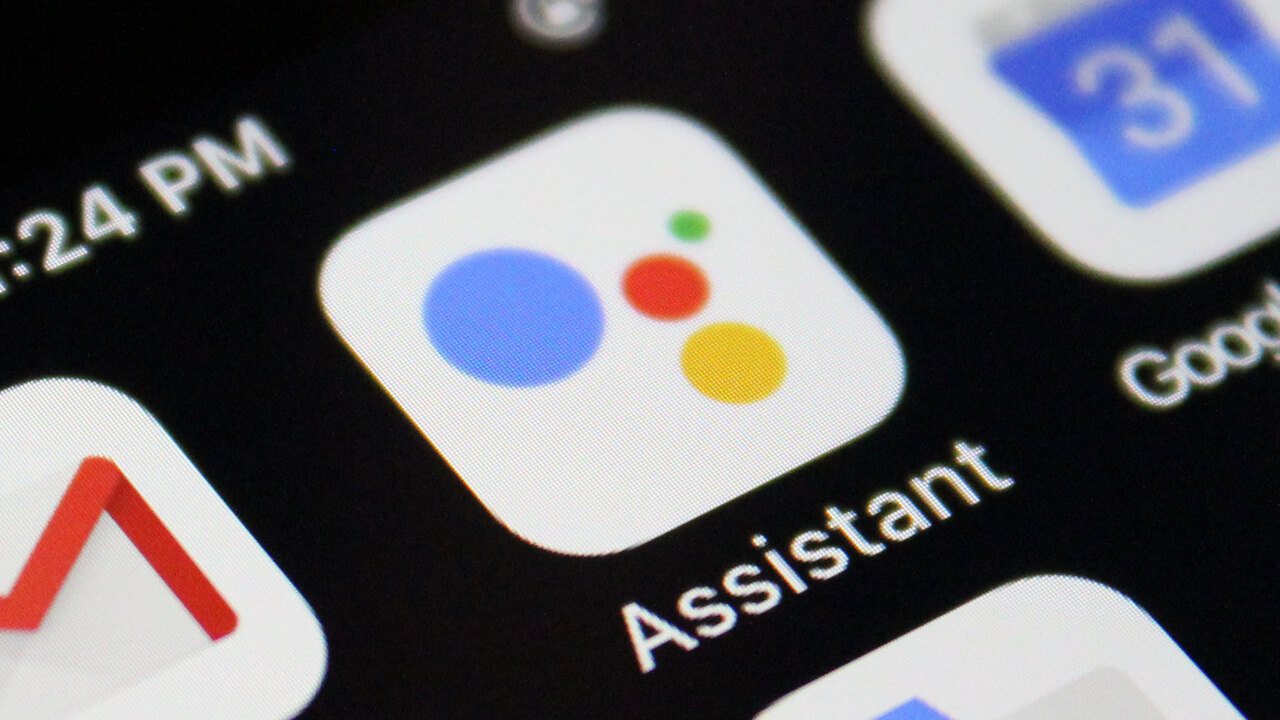 Google Assistant’s voice is changing – but I’m not a fan
Google Assistant’s voice is changing – but I’m not a fanGoogle announces plans to make Google Assistant more natural and conversational
By Bethan Girdler-Maslen
-
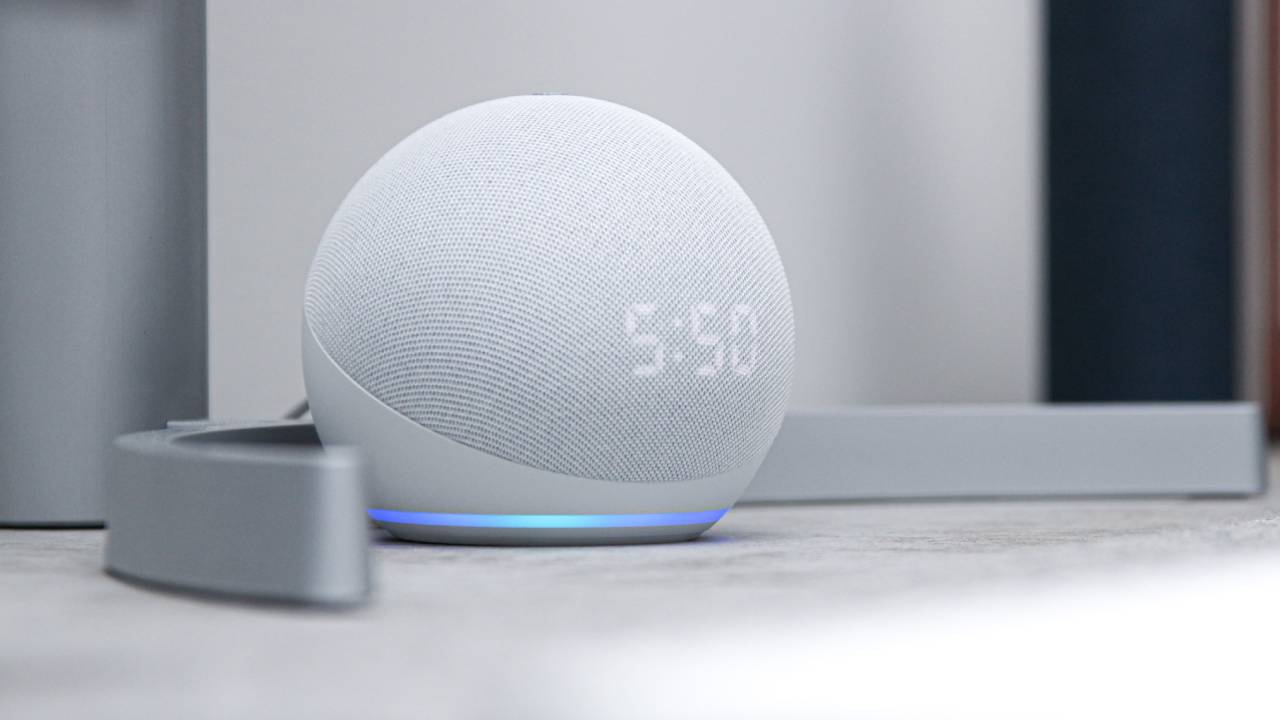 Why I'm switching from Google Assistant to Alexa
Why I'm switching from Google Assistant to AlexaI’m ditching Google Assistant in favour of Amazon Alexa – here’s why
By Bethan Girdler-Maslen
-
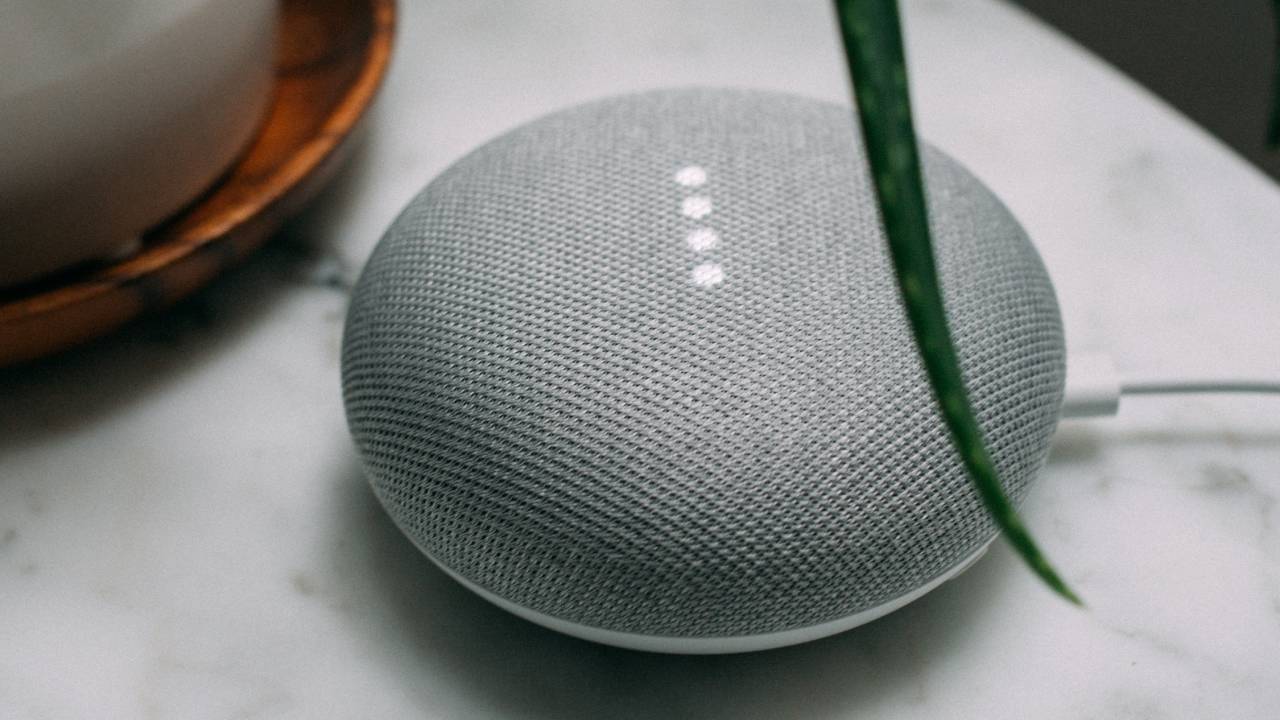 OK Google! 8 Google Assistant commands you need to know about
OK Google! 8 Google Assistant commands you need to know aboutOptimise your smart home with these secret Google Assistant commands
By Bethan Girdler-Maslen
-
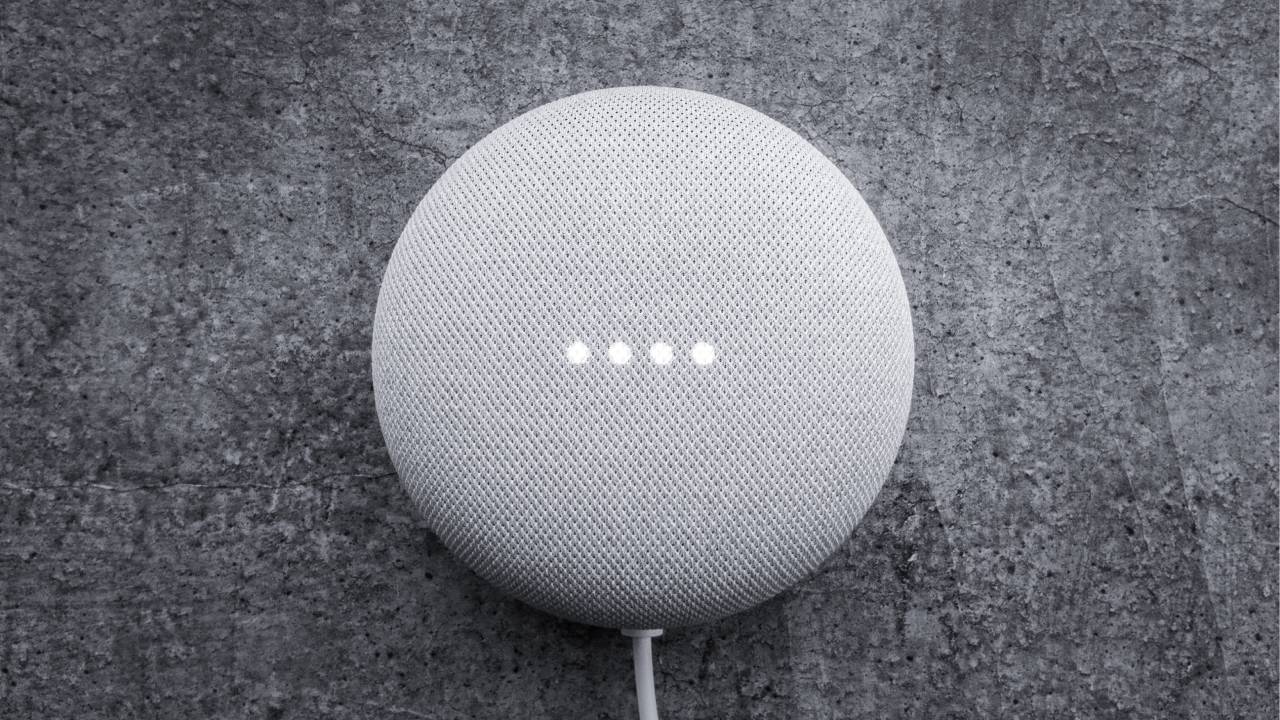 How to start a smart home with Google Assistant
How to start a smart home with Google AssistantEverything you need to know about creating a smart home using Google
By Bethan Girdler-Maslen
-
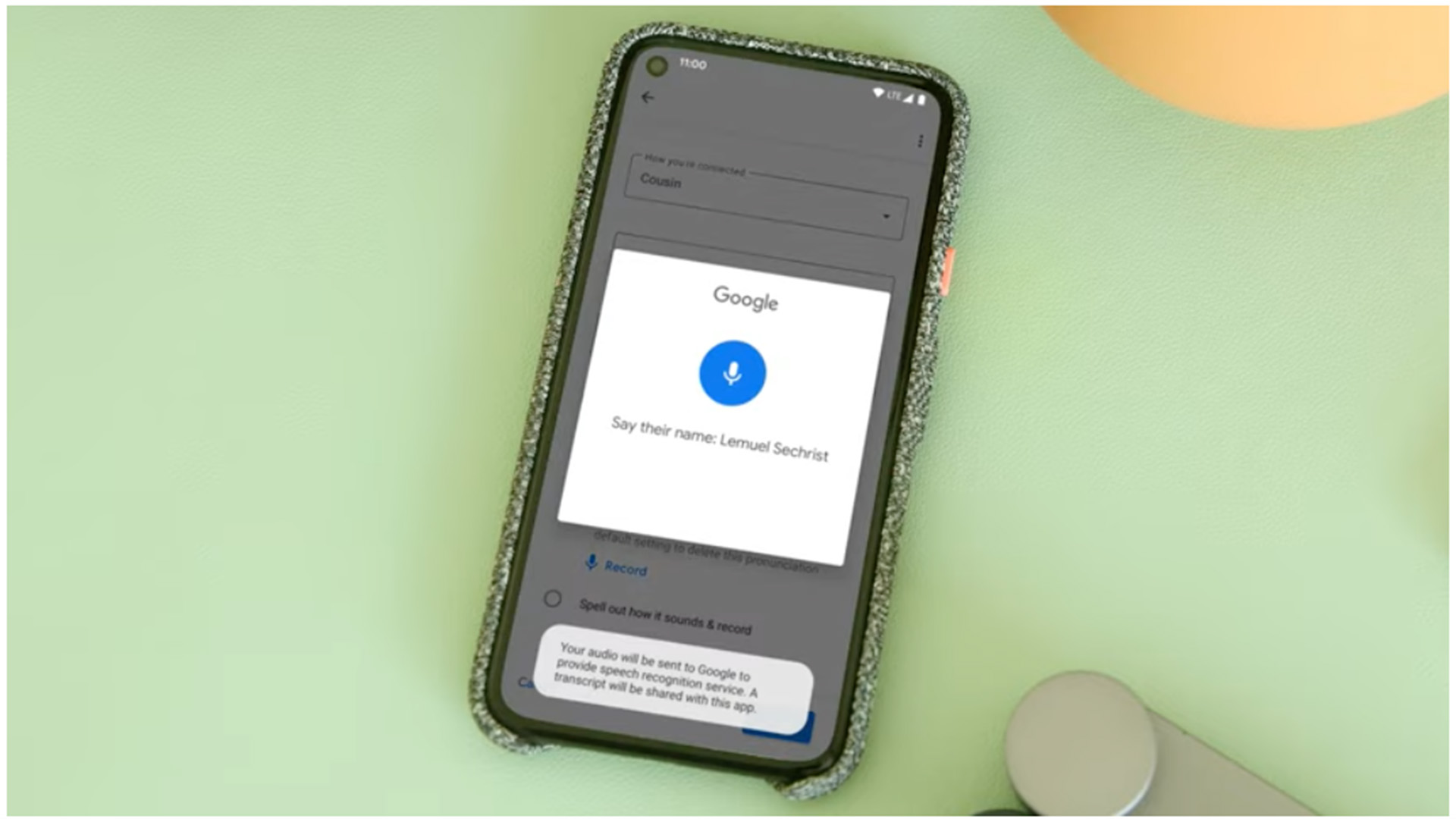 Google Assistant is getting some much needed upgrades to fix these everyday annoyances
Google Assistant is getting some much needed upgrades to fix these everyday annoyancesImprovements to Google’s AI will help pronunciation, understanding and context
By Mat Gallagher
-
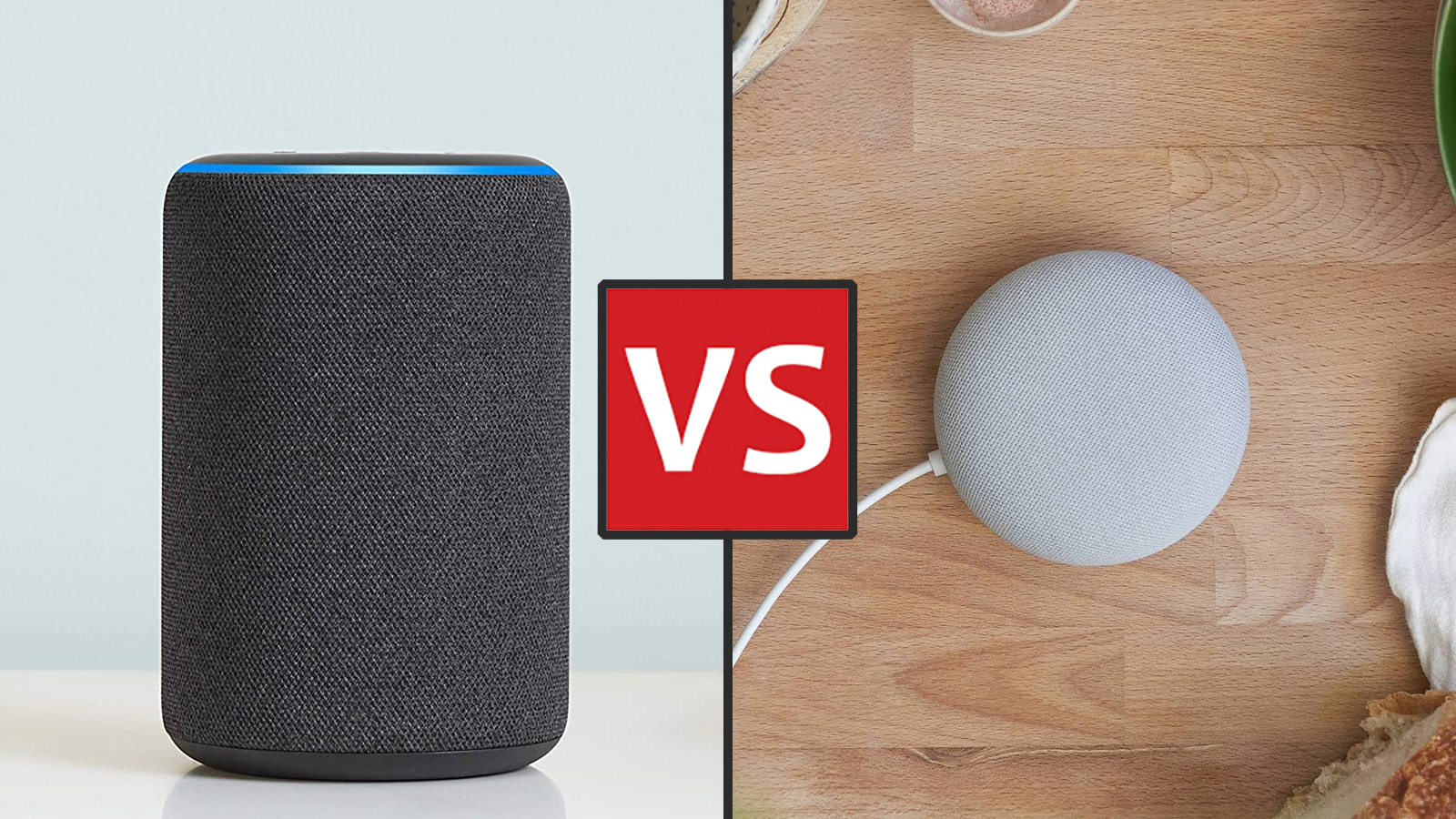 Amazon Echo vs Google Home: which is the ideal smart speaker for you?
Amazon Echo vs Google Home: which is the ideal smart speaker for you?Smart speakers from Amazon and Google go head-to-head – should you go Echo or should you go Home?
By David Nield
-
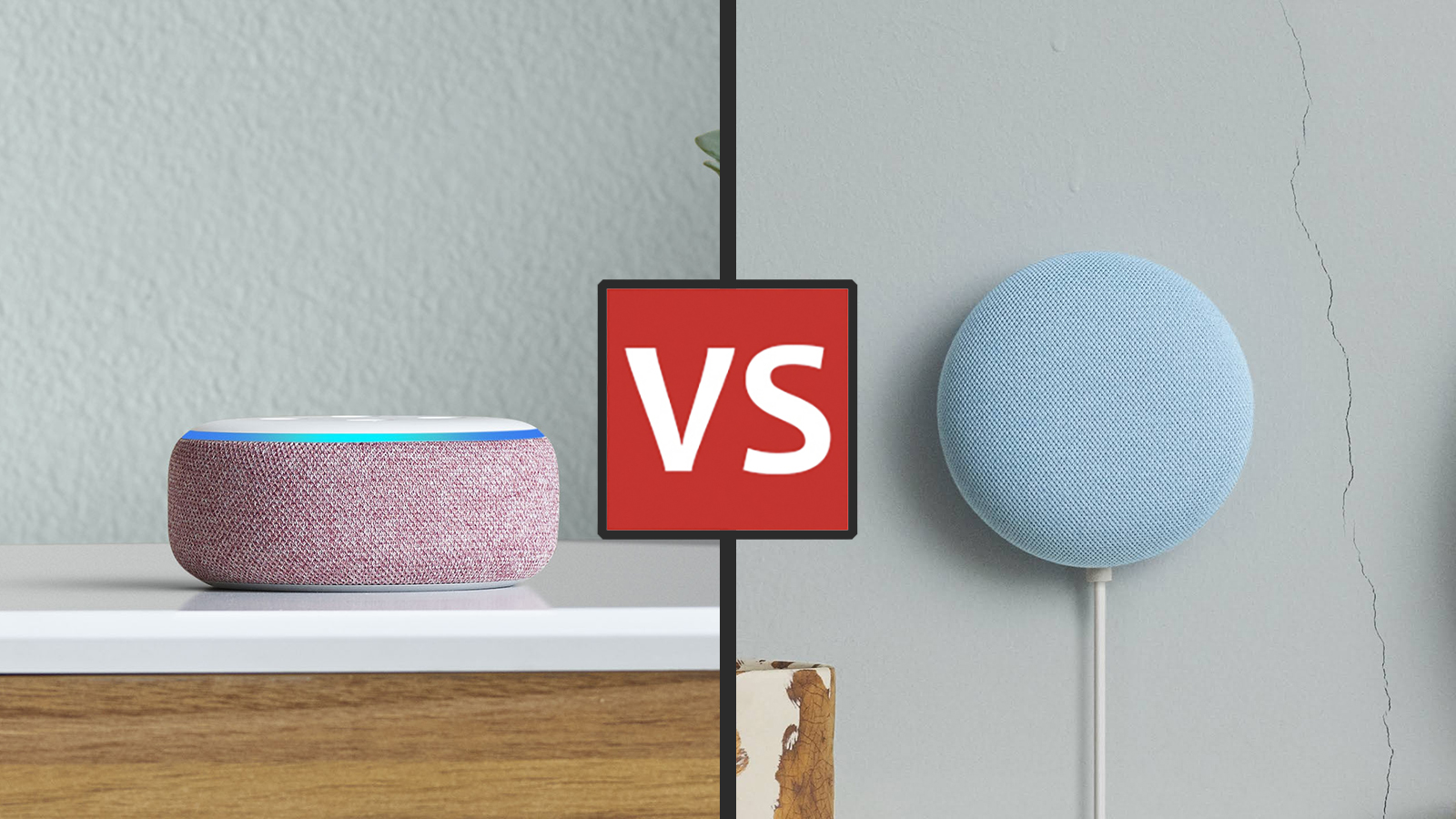 Alexa vs Google Assistant: which is the best digital assistant?
Alexa vs Google Assistant: which is the best digital assistant?Alexa vs Google Assistant, compared in all the key categories
By David Nield
-
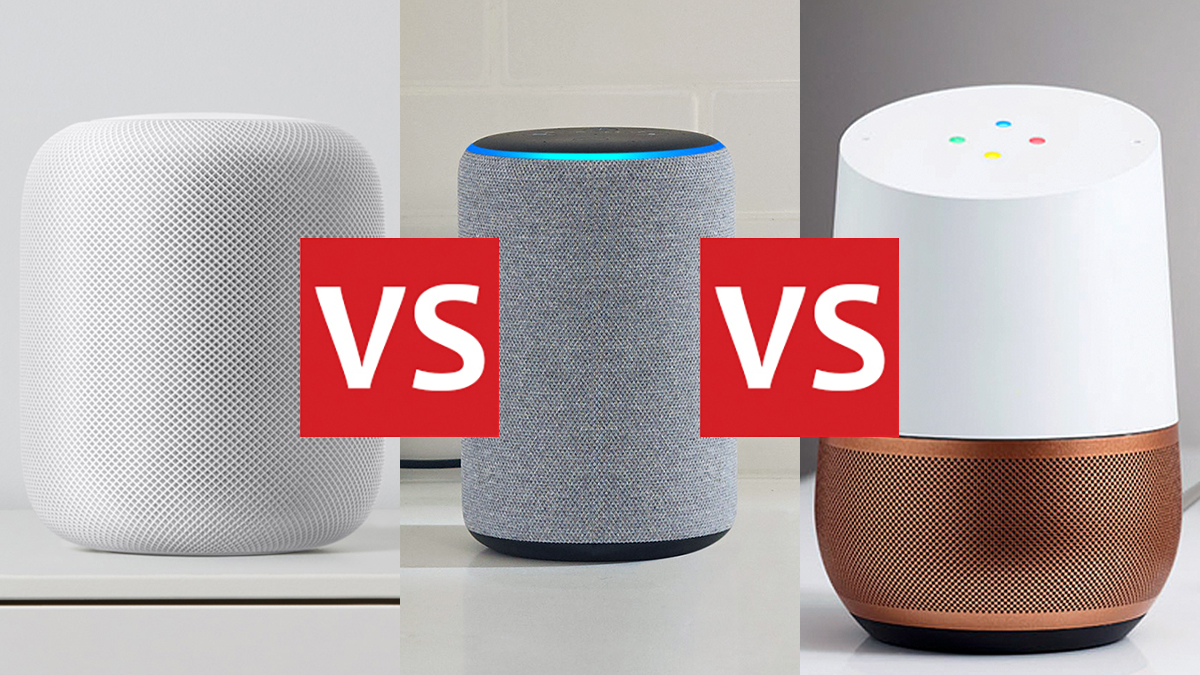 Apple HomeKit vs Amazon Alexa vs Google Assistant: which platform should rule your smart home?
Apple HomeKit vs Amazon Alexa vs Google Assistant: which platform should rule your smart home?You've got numerous ways to keep all your smart home devices under control
By David Nield
